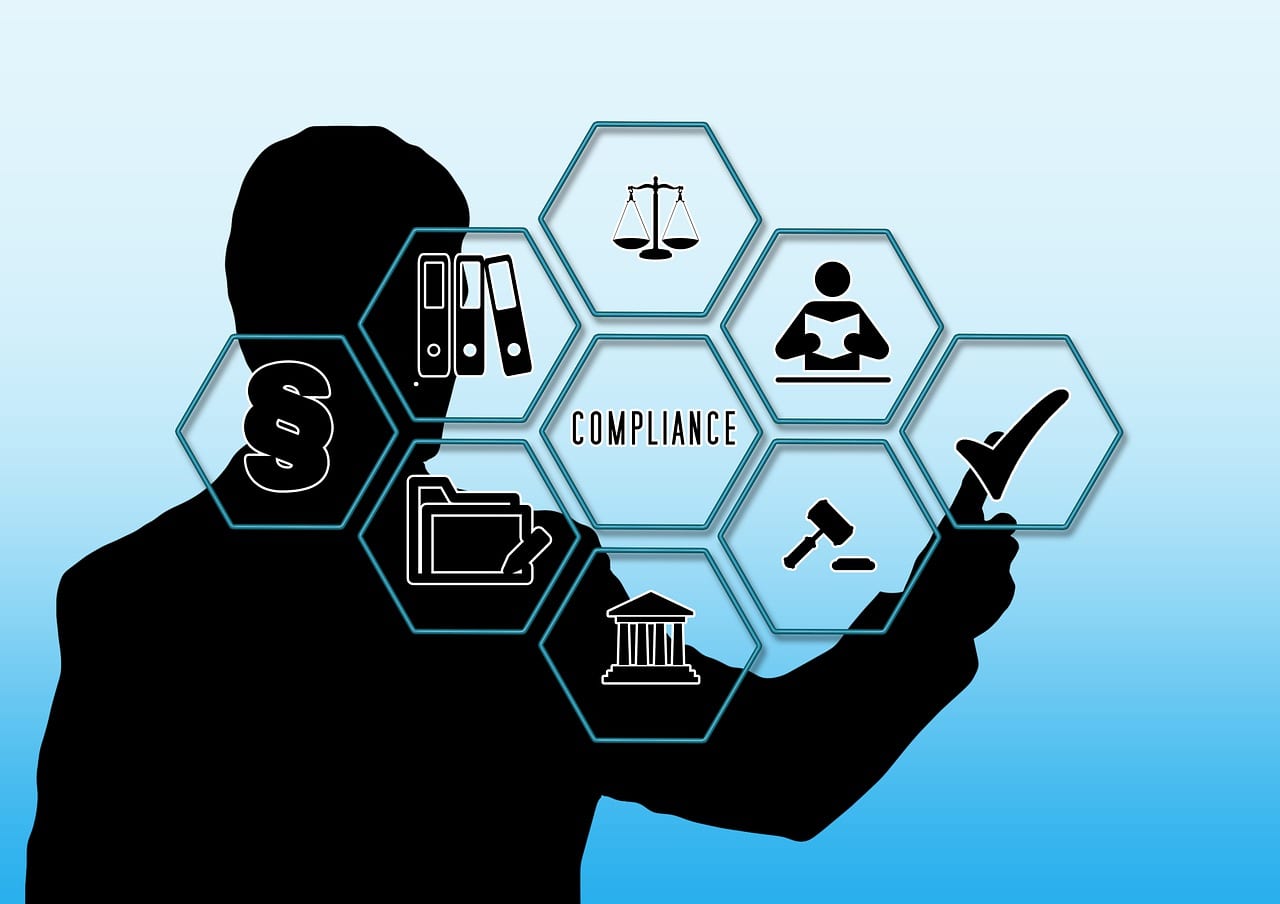Many businesses rely on email as a vital communication resource and use it to send sensitive information both within the company and to third parties.
However, the prevalence of email as a communication platform also makes it vulnerable to exploitation, data loss, and data breaches.
Because of these vulnerabilities, there are many different regulations that require businesses to keep track of their messages and keep them safe and secure.
Here are six steps every business should follow in order to safeguard sensitive information and ensure regulatory compliance.
Determine what regulations apply to your company
The first step of ensuring email compliance is asking yourself what regulations apply to your company. You might be subject to different laws and regulations, and they can either overlap or conflict.
Understanding exactly which regulations are relevant for your organization will help you determine if you need one comprehensive policy or multiple policies to cover all regulatory requirements.
Some of the most common regulations you’ll encounter are:
- Health Insurance Portability & Accountability Act (HIPAA) – regulates the handling of personally identifiable patient health information;
- Sarbanes-Oxley Act (SOX) – regulates the handling of financial information and fraudulent financial reporting by corporations;
- Payment Card Information Security Standards (PCI) — regulates the secure transmission of cardholder data;
- General Data Protection Regulation (GDPR) — regulates collecting, storing, or handling of the data of EU citizens.
Identify sensitive data
Depending on which regulations apply to your company, you need to identify confidential data sent via email. This data usually encompasses credit card numbers, electronic health records, or any other piece of personally identifiable information.
Keeping this personal customer data secure is one of the most important steps of ensuring email compliance and failing to do so will get you not only in legal troubles but also financial ones, as well as compromise your brand reputation.
However, in order to properly protect it, you first need to determine what types of sensitive data you’re collecting via email, where and how it’s being stored, and what it’s being used for. Only then will you be able to determine the best way to protect the most sensitive data and ensure regulatory compliance.
Get the right tools
Having the right tech solutions to enforce your email compliance policy is equally important as the policy itself. From encryption to anti-malware software, there are many solutions that can help you satisfy regulatory compliance.
One of the most important tools in your arsenal for ensuring regulatory compliance is email archiving. The benefits of using email archiving solutions are multiple.
These solutions allow you to store email records in a safe repository where no-one can alter or delete them before the legally required retention period has expired. Once the retention period is over you can automatically delete your emails without worrying about retention schedules and manual removal.
You can also monitor and analyze archive data, which can help you detect and prevent employee misconduct and data leaks before they even escalate.
Limit employee access
Once you have the right tools, you can work on creating proper data protection protocols.
Start by limiting employee access to sensitive information and allow only those you absolutely need it to send and receive such information. By minimizing access to sensitive data and blocking the transmission of email data based on users, departments, or keywords, you will also minimize the risk of data breaches that can lead to non-compliance.
Moreover, if only a limited number of employees have access to certain types of data, it will be much easier to detect data breaches and determine who’s responsible for email data breaches, as well as to detain them.
Implement compliance procedures for employees
Limiting employee access is not the only way to ensure that your employees are not causing compliance issues.
Email compliance policy is only as good as its implementation. This means that you have to focus on educating your employees about the importance of compliance and teach them how to adhere to written policies in their daily operations.
Make sure they understand the importance of basic data security practices, such as strong passwords, multi-factor authentication, logging out of their workstation, and keeping their devices safe, especially if they use unsecured networks at home or in public spaces.
It’s also crucial to inform them about common cybersecurity threats, such as phishing scams that employees are particularly vulnerable to. The best way to prevent these attacks is to teach your employees how to recognize them.
As human error remains one of the most common causes of data breaches, properly training and educating your employees is a regulatory requirement necessary for remaining compliant.
Regularly update your email compliance policy
Lastly, keep in mind that ensuring compliance is not a one-time project. You need to perform regular audits to identify any weak spots and update your email compliance policy as your business grows or new laws and regulations arise.
Wrapping up
No business is exempt from data privacy regulations and compliance isn’t really a question of choice.
While there’s no one-size-fits-all strategy that can apply to all businesses and cover all regulations, following these steps will help you create a foundation for an effective email compliance strategy that suits your particular needs.


